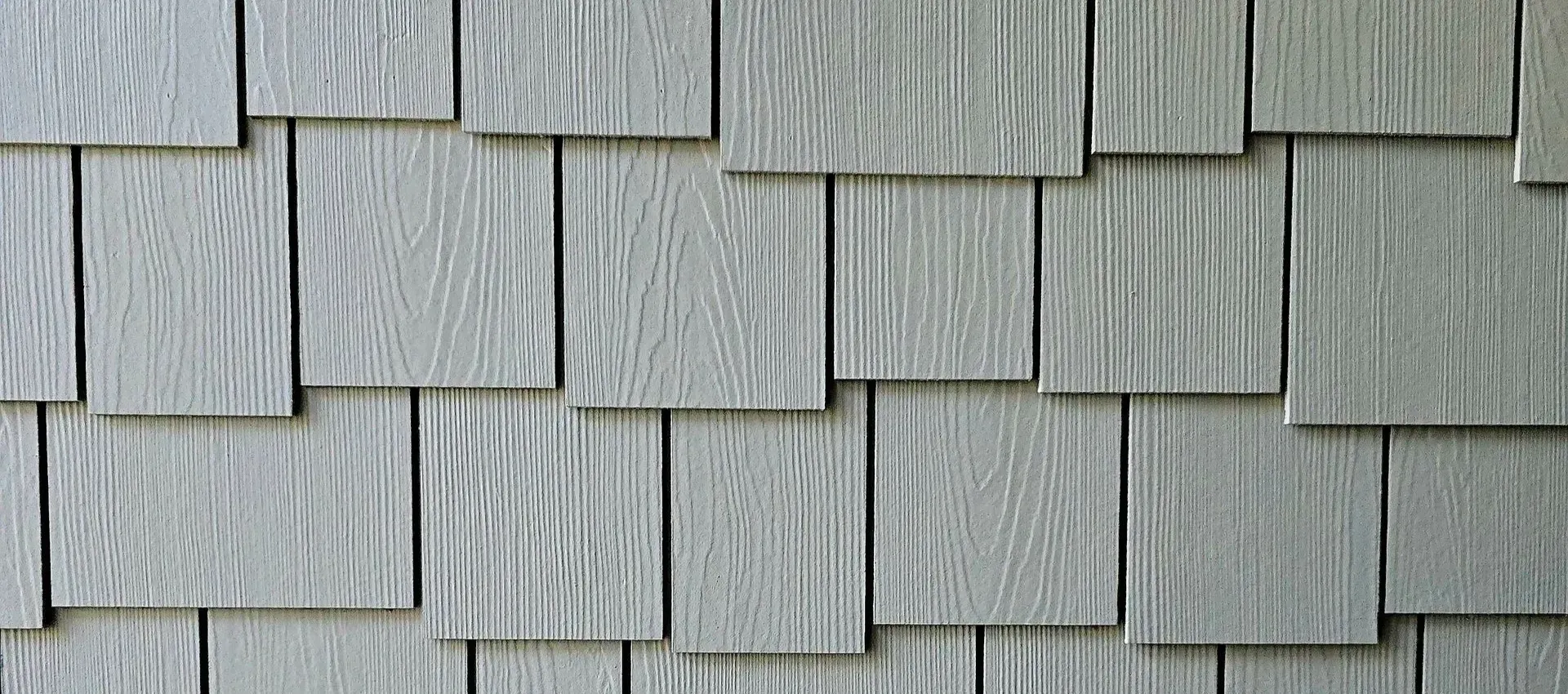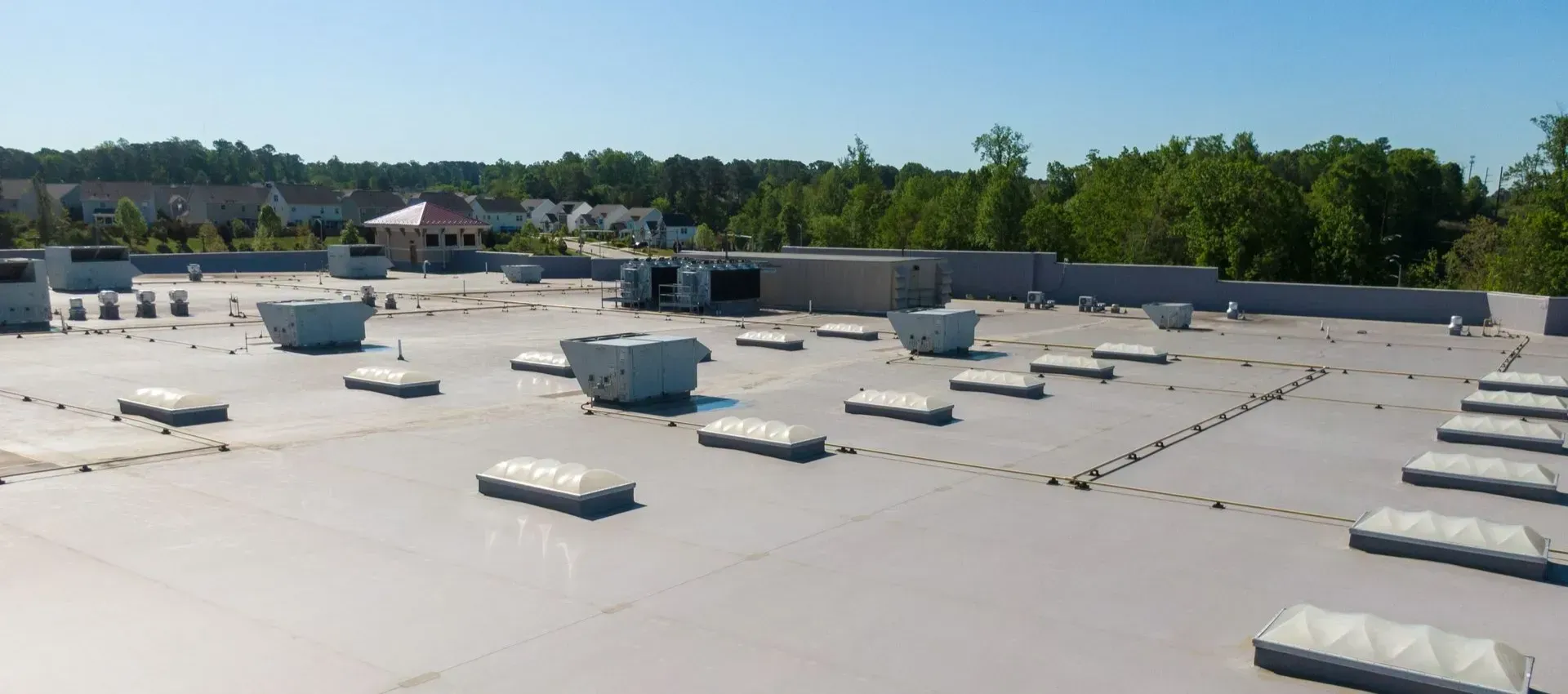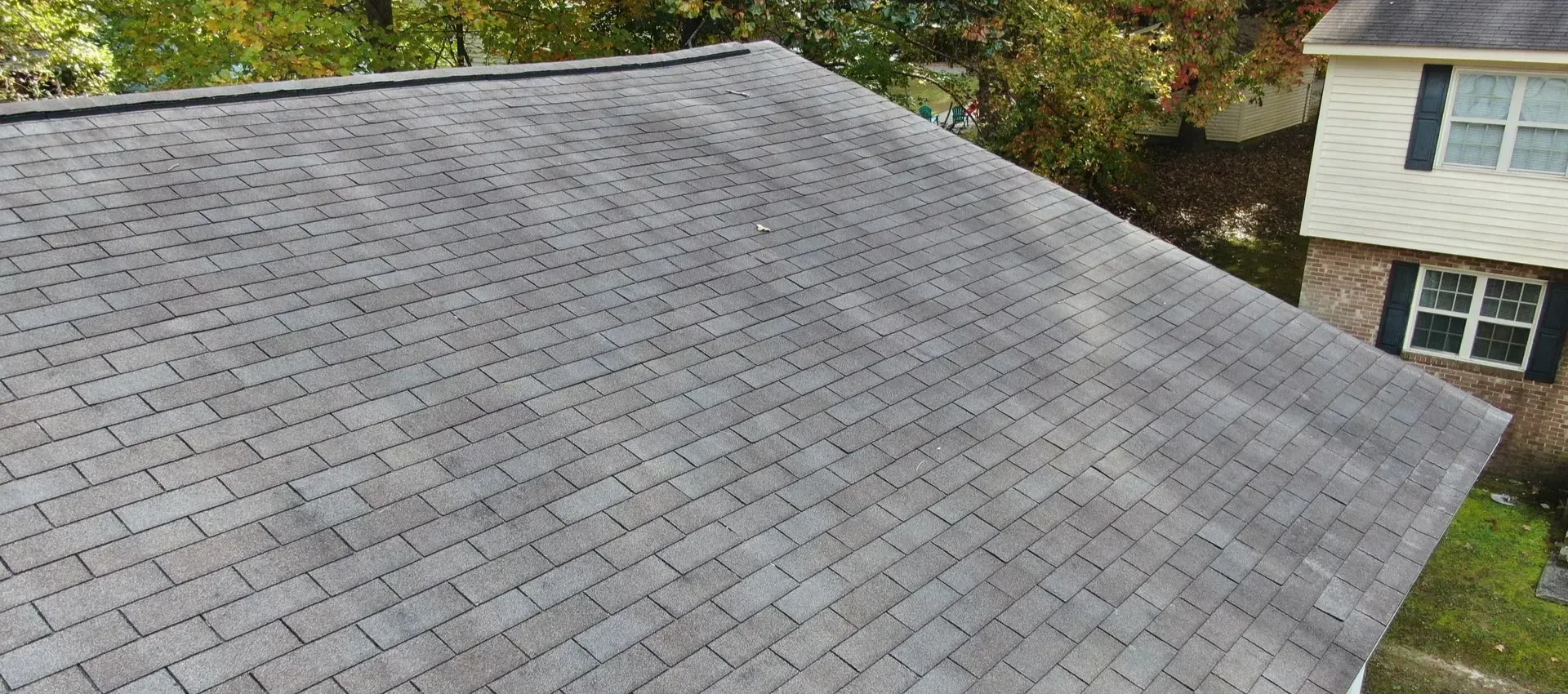Smart Roofing Solutions | How TPO & PVC Benefit WA Businesses
Valiant Roofing • June 17, 2025
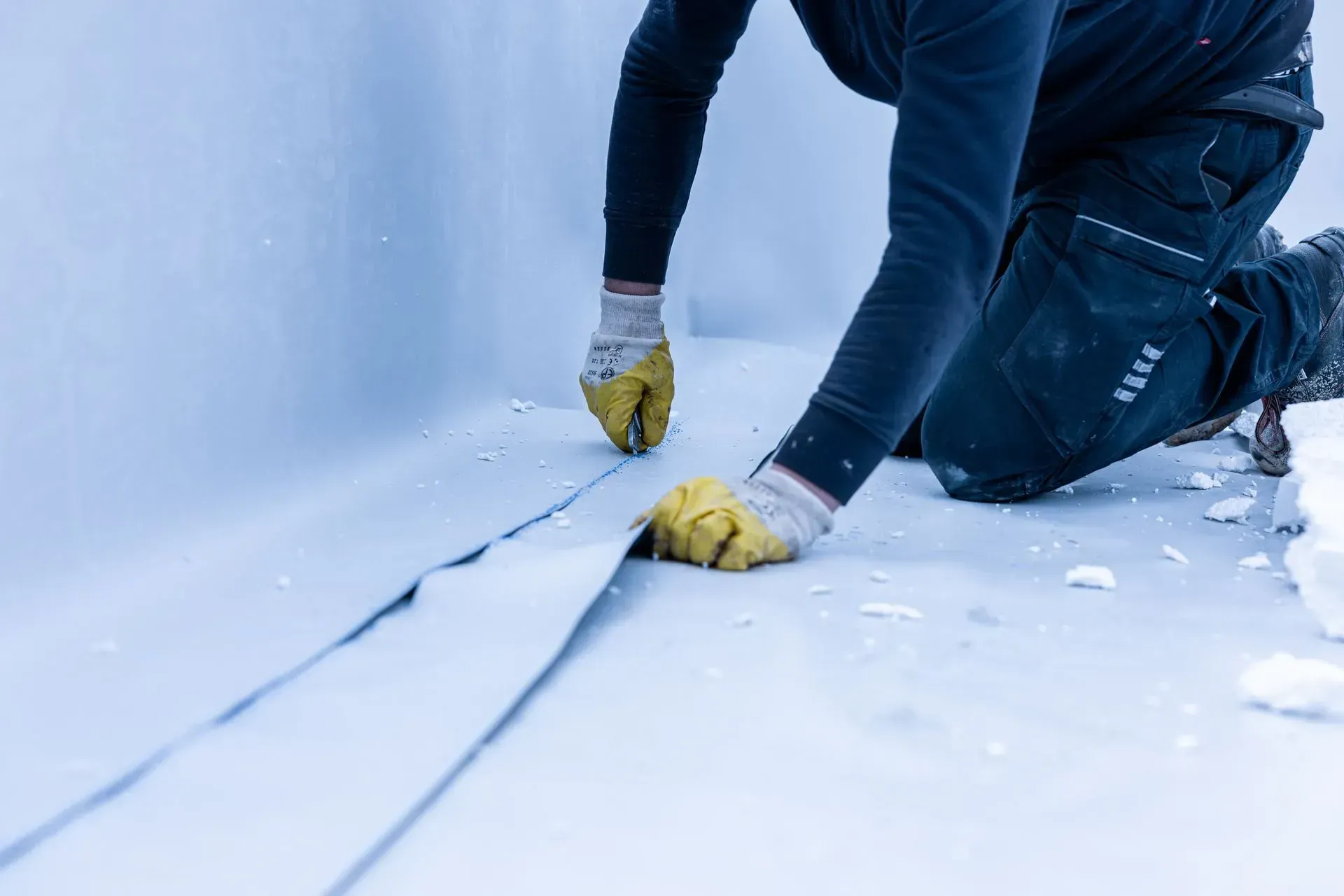
When it comes to roofing solutions for businesses in Washington, two roofing materials stand out for performance. Thermoplastic Polyolefin (TPO) and Polyvinyl Chloride (PVC) are two popular roofing options, especially for large, commercial buildings like stores and warehouses. But what makes these two options so popular?
Let’s take a closer look at TPO and PVC to determine what makes them stand out among commercial roofing and more importantly, whether or not these materials are the right fit for your Washington business. Understanding their unique features may help you make a smarter investment for your building’s future. So, exactly what are TPO and PVC roofs?
What are TPO and PVC?
TPO and PVC are two popular types of synthetic roofing, which means they’re man-made and not found in nature. While the two are chemically different, they are both made from thermoplastic; a type of plastic that becomes pliable when heated at high temperatures.
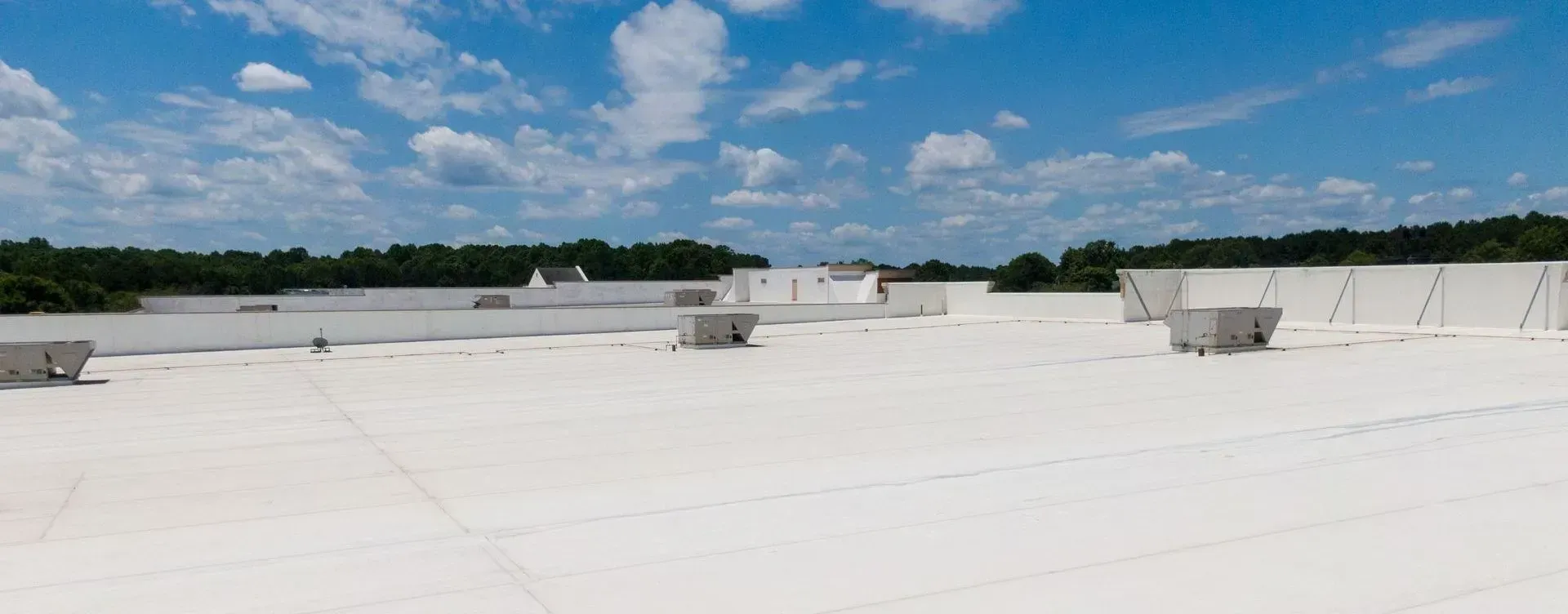
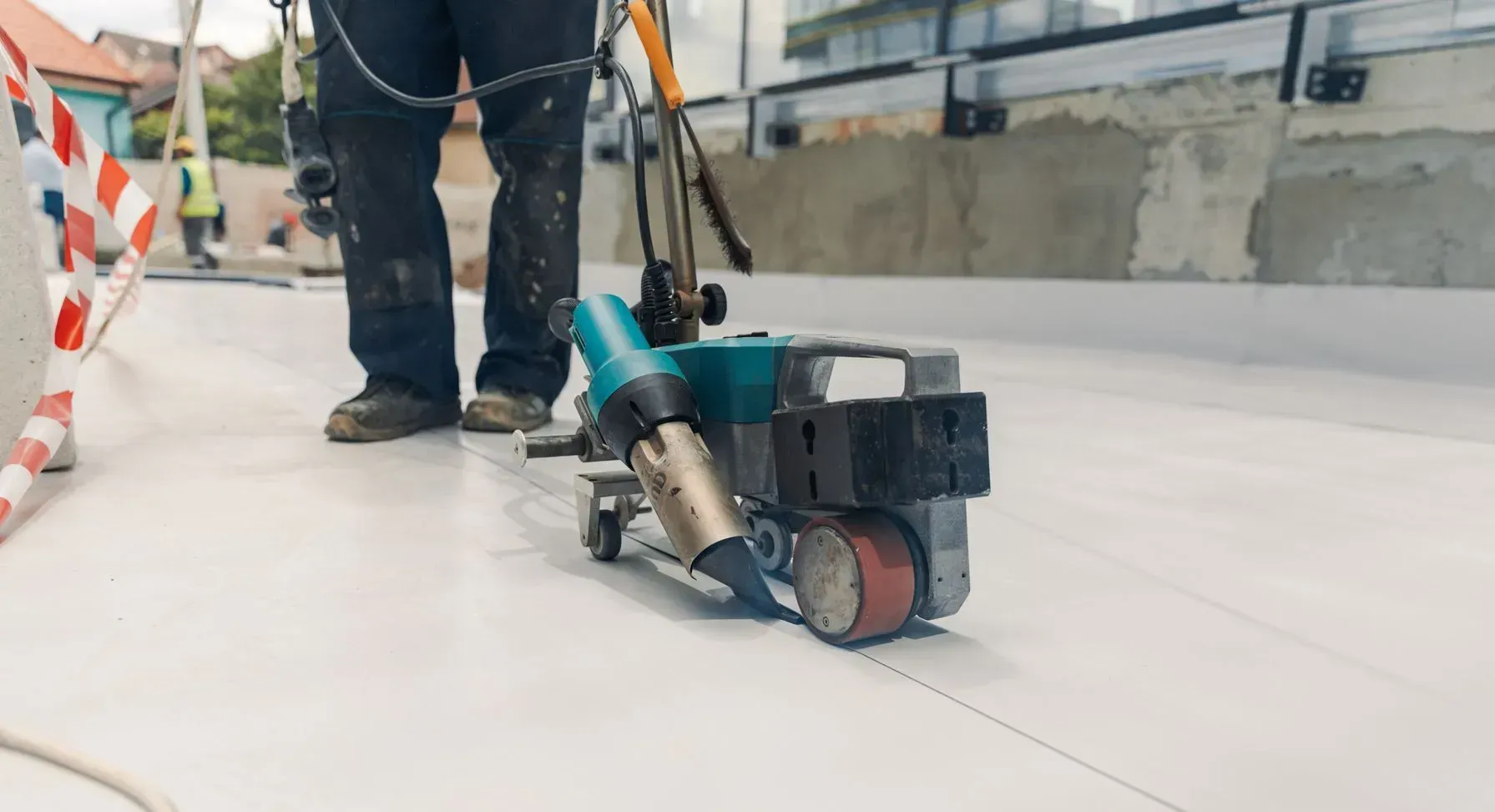
Why Are They Mainly Used on Commercial Buildings?
TPO and PVC are used for a variety of reasons, one of the most important being their water-resistant features. Industrial and commercial-style buildings tend to have low-sloping roofs that are more vulnerable to water penetration.
To make low-slope roofs more water-resistant, TPO and PVC are often chosen as the roofing materials. This is mainly due to the fact that both materials are made of thermoplastic; a type of plastic that softens when extreme heat is applied.
Because of this, TPO and PVC can be welded using wide sheets. Unlike traditional roofing materials, they have fewer seams and can be applied in one, continuous layer – also known as single-ply roofing.
Single-ply roofs form a watertight seal which protects the roofing structure from water. In addition to being water-resistant, their flexible nature makes them easier to install. Unlike built-up roofing or modified bitumen, several layers of material are not required to form the seal.
What Are Some Differences Between TPO and PVC?
While TPO and PVC have many similarities, there are some key differences that affect their price-point and performance:
- TPO performs better in hot climates: While PVC performs well in cold weather, it does not hold up as well in hotter climates. TPO, on the other hand, is more UV-resistant and can withstand both hot and cold temperatures.
- PVC is more resistant to chemicals and fire: While TPO offers some chemical resistance, it is likely to degrade if exposed to chemicals for a prolonged period of time. Compared to TPO, PVC is highly resistant to industrial byproducts and offers better protection against fire.
- PVC has a longer lifespan: TPO typically lasts between 15 to 20 years with proper maintenance, while PVC can last up to 30 years or more. This extended lifespan makes PVC a more durable and long-term solution for many businesses.
- STPO is less expensive: TPO is generally more affordable than PVC in terms of both material and installation costs.
What Does That Mean for WA Business Owners?
Luckily, TPO and PVC both perform well in the Pacific Northwest. Designed to handle a variety of weather conditions, these materials can withstand the region’s colder temperatures, heavy rainfall and occasional snow. Ultimately, price, durability and the type of business will affect what kind of material you decide to go with. For industrial businesses that handle chemicals or operate in environments with higher fire risk, PVC is often the preferred choice. Its chemical and fire resistance make it an ideal choice for industrial businesses. Although PVC generally costs more than TPO, it might provide more long-term protection, offsetting the initial installation costs. However, if you have a commercial business, TPO may provide just the right amount of protection at a better price point. Its affordability and performance make it a practical option for businesses that don't require the specialized resistance that PVC offers.
Consult With a Professional Roofer
When choosing between TPO and PVC roofing, it’s always important to consult with a professional roofing contractor. Their expertise can help you assess your specific needs and identify potential issues that were overlooked.
By relying on expert guidance, you not only ensure that your roofing investment is practical, but you also reduce the risk of costly mistakes. In the long run, professional insight can save you significant time, money and stress by helping you choose the right material from the start.
Looking for Reliable Roofing Services? Call Valiant Roofing Today!
Need a reliable roofer? Our team at Valiant Roofing can help! In addition to residential roofing, we also perform commercial installations. Located in Vancouver, our team serves several communities across Washington and Oregon, including Portland. Give us a call at 360-873-5525 to learn more about our services. For more information about our other services, including siding and gutters, visit our website by clicking the link here.
BLOGS
